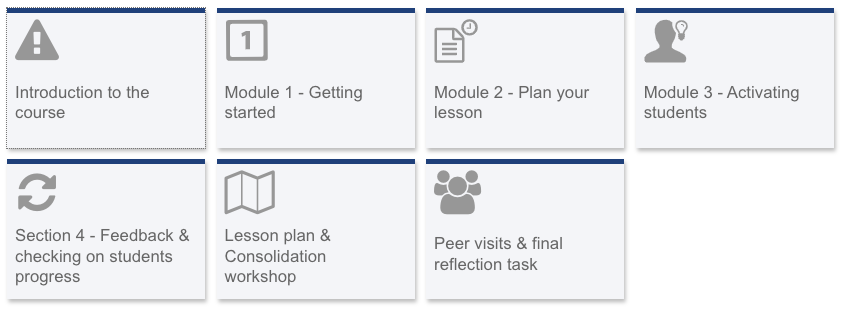Meeting the diverse needs of Student Teaching Assistants
Serena Pedrocchi (Faculty Developer at the Unit for Educational Development and Technology) describes how courses at ETH Zurich designed for Student Teaching Assistants will continue to grow to meet the needs of an increasingly large and diverse group.

The teaching assignments of Student Teaching Assistants (“Hilfsassistierende” as Student TAs) are of great importance in the daily teaching routine at ETH Zurich. Student TAs are distinguished from each other not only by their knowledge of the subjects they teach, but also by the different roles they can take on in teaching: From being the contact person for correcting exercises to the role of exercise leader, or tutor and group coach. Different forms of teaching also require different competences, which is why it is a priority for us in the Faculty Development Team to cover these different specialisations in our didactic courses as well. By offering three very different courses Student TAs with different roles can select a course that best prepares them for their role.
Didactic Basics for Student TAs
In this course, Student TAs learn to plan their workshops and exercises effectively, practice activating methods and are also guided to transfer these into their real lessons. The focus is on imparting knowledge of learning psychology and didactics as well as on topics to develop the skills and self-confidence to effectively plan and teach one’s own workshops and classes. In the microteaching workshop, in which participants practice their teaching skills with one another and receive direct feedback (peer learning), participants build confidence in what works for them. In addition, the course aims to support Student TAs to think critically and reflectively about their students’ learning and to develop engaging learning activities. The course encourages Student TAs to network with peers from different disciplines, which can support them in developing their teaching skills by building a long-term network.

Coaching Students
This course enables Student TAs in their role as student coaches to develop basic knowledge in coaching techniques and guiding of learning processes. The participants acquire coaching skills and methods to effectively guide and accompany individual students and especially teams of students in working and learning processes. This includes knowledge about team development phases, cooperative forms of learning, facilitation of decision-making within a team, reflection on critical phases and solving conflict situations in a team. This course also enables Student TAs to network with peers from different disciplines.
Ready, Set, Go!
This course has been developed for online self-study and has no transfer phase. Participants can work through the course at their own pace and complete it individually. The aim of this course is to offer the Student TAs a first low-threshold opportunity to familiarise themselves with didactic basics and thus to gain an overview of essential teaching concepts. In the online course, two “personas” (invented tutors with realistic characteristics and depicted in realistic situations) demonstrate concrete examples of teaching. First, the course participants are shown theory about teaching and learning, which is then applied to a fictional situation through the personas in a second step. After seeing the theory in “action”, the participants are shown how to transfer the concepts into their own teaching context.
We expect a strong increase in the number of participants in the didactic courses for Student TAs. The blended learning format (with emphasis on online-learning) will continue to ensure that the course is able to meet the increased numbers. Furthermore, increasingly Student TAs are confronted with new, more complex didactic concepts in their teaching (such as blended learning, flipped classroom, to name a few), which is why it is necessary for us to continuously develop the courses in order to prepare Student TAs adequately for their teaching tasks. Hence, an extension of the specialisation modules in the courses is planned.
If you are interested in finding out more, please visit the professional development page of our website.


